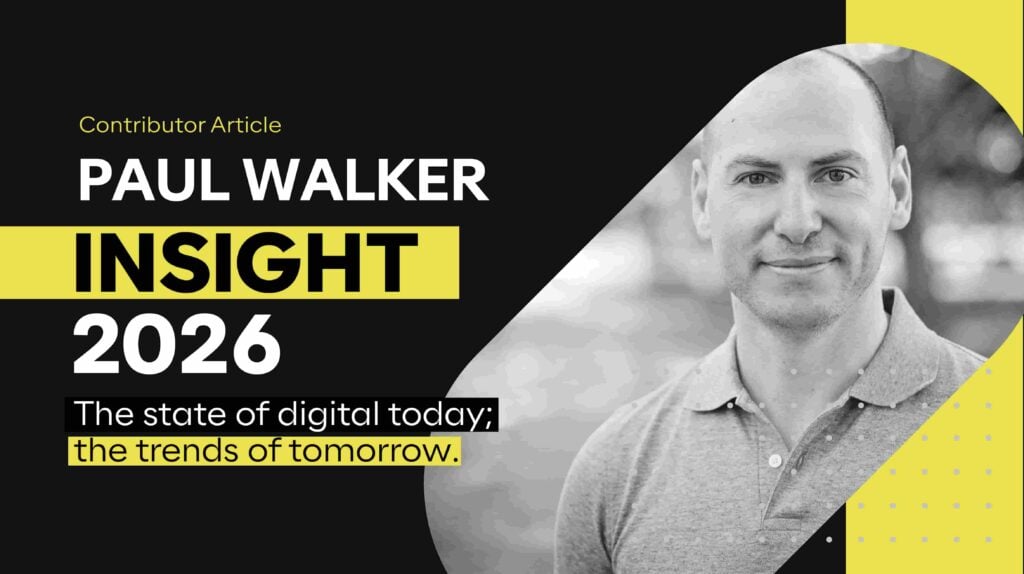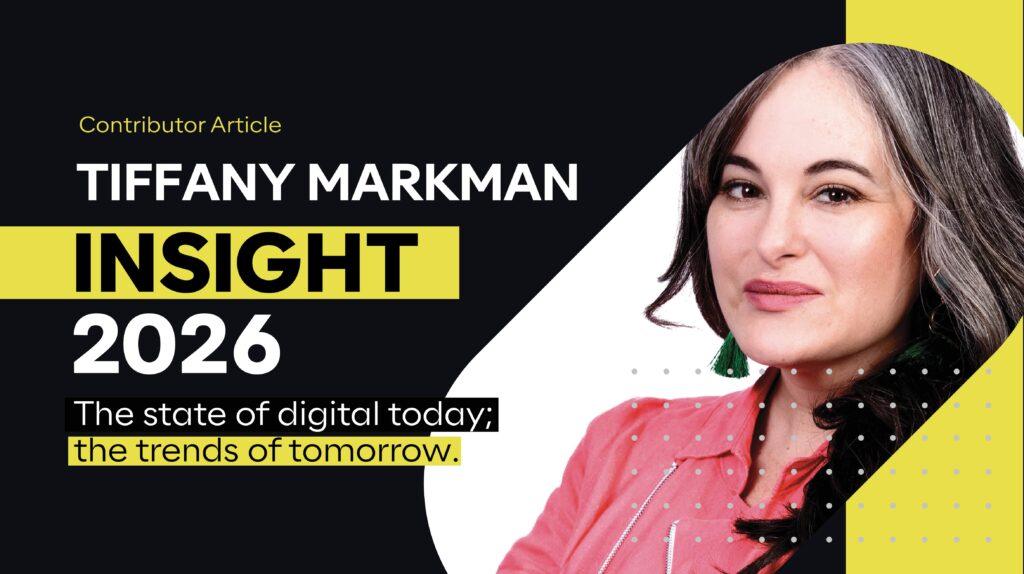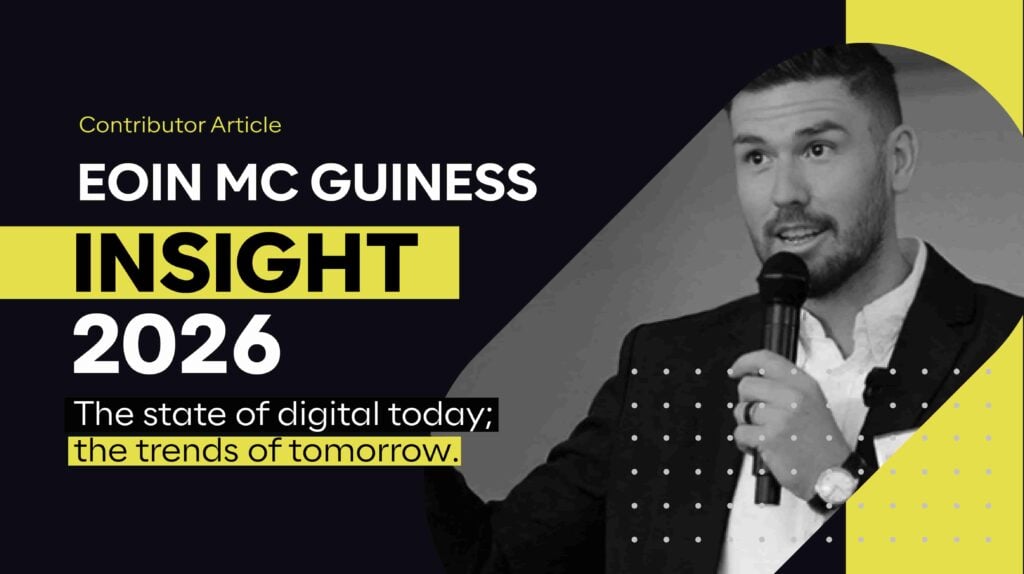The Smart Business Guide to Google Advertising: How to Grow with Google Ads
In today’s hyper-digital, always-on world, getting noticed online is no longer optional – it’s essential. For small businesses, especially in the B2B space, Google Ads offers a rare opportunity to level the playing field. Whether you’re competing against local firms or national giants, Google’s advertising platform delivers performance-driven campaigns that help you get in front of your ideal customer – on their terms.
It is the perfect engine to start your sales pipeline process and increase leads, then you can use a CRM to streamline customer service and create the loyal, delighted customers you want.
Formerly known as Google Adwords, Google Ads now harnesses powerful AI and machine learning to give businesses control over who sees their ads, when, and where – all with clear, measurable results.
Why Google Ads Is a Game-Changer for Small Businesses
When it comes to digital marketing, few platforms offer the same return, reach, and control as Google Ads. It’s pay-per-click (PPC), so you only spend when someone’s interested enough to click. That alone makes it a smart, budget-efficient option for smaller businesses.
Here are some deeper stats and reasons why Google Ads stands out:
- High ROI: On average, small businesses see $8 in return for every $1 spent on Google Ads.
- Intent-driven traffic: People clicking Google Ads are already searching for what you offer – making them 50% more likely to convert than organic visitors.
- Global credibility: Over 1.2 million businesses use Google Ads to grow and reach new markets.
- Always learning: Google’s Smart Bidding and AI tools continuously adjust to deliver better performance with every campaign.
- Transparent results: With detailed analytics, you can track every dollar, every lead, and every sale – no guesswork.
- Fast scalability: Launch a campaign today and start getting leads tomorrow – it’s built for momentum.
Smarter Targeting: Reaching Your Ideal Customers with Google Ads
Google collects billions of data points daily from Search, YouTube, Maps, Chrome, Gmail, and Android. That gives advertisers access to incredibly precise targeting tools – so your budget isn’t wasted on the wrong audience.
Let’s break it down further:
Detailed Demographics
Want to reach business decision-makers aged 35-54 in a specific industry? You can. Filter by:
- Age, gender, parental status, marital status
- Household income brackets (U.S. only)
- Education level or industry role (via affinity + demographics)
Perfect for B2B marketing, where buyer profiles matter.
Custom Segments
Build your own segments based on:
- Competitor websites your prospects visit
- Specific keywords they’ve searched
- Apps they use related to your industry
- Behaviour signals that match your buyer persona
This allows precise targeting and message personalisation.
Affinity Audiences
Target users based on consistent online habits like:
- Small business software researchers
- Frequent business travelers
- IT and cybersecurity enthusiasts
- SaaS product explorers
It’s ideal for B2B industries with niche, interest-based segments.
Location Targeting
Not all leads are created equal. Focus your ad spend on:
- Countries, states, or zip codes where you do business
- Local neighborhoods or specific business parks
- Areas around trade shows, universities, or co-working hubs
Exclude irrelevant areas to avoid wasted clicks.
Life Events Targeting
These are users experiencing major transitions, such as:
- Starting a new job or position
- Launching a business or moving offices
- Returning to work or hiring for a new team
Perfect for services like software tools, HR services, or financial planning.
In-Market Audiences
These are high-intent users actively comparing:
- CRM platforms, accounting tools, or industry vendors
- Specific types of consultants or SaaS solutions
- Products or services that solve an immediate problem
Think of them as “window shoppers” ready to buy soon.
Remarketing and First-Party Data
Target warm leads by:
- Re-engaging users who visited your website but didn’t convert
- Uploading email lists or CRM data to show ads to existing leads
- Using lookalike audiences to find similar buyers
This turns “maybe later” into “I’m ready now.”
Choosing the Right Campaign Type for Your Business Goals
Google Ads gives you multiple campaign types to align with your goals. Here’s how each one works in more depth:
Search Campaigns
Text ads that show up when someone searches for keywords related to your product or service. Best for:
- Capturing demand at the exact moment it appears
- High-conversion potential for sales and lead gen
- Getting visibility for niche services or local offerings
Pro tip: Use ad extensions like call buttons, sitelinks, and location info.
Display Campaigns
Visual banner ads shown across millions of websites in Google’s Display Network. Ideal for:
- Brand awareness or retargeting
- Targeting specific industries, news sites, or apps
- Showing visually striking offers or content pieces
Best for visual businesses or those offering free tools, eBooks, or webinars.
Shopping Campaigns
Perfect for B2B ecommerce or manufacturers. Shopping ads:
- Showcase your product image, price, and name in Google results
- Pull directly from your inventory feed
- Work best for volume-based product sales
Great for tools, tech accessories, office furniture, or supplies.
Video Campaigns
Run on YouTube and Google’s video partner sites. Use for:
- Explainer videos or product tutorials
- Client testimonials or behind-the-scenes stories
- Brand visibility or remarketing
Ideal for consultants, educators, software companies, and more.
App Campaigns
Promote your B2B mobile app or internal tool across Google Search, Play Store, YouTube, and more.
Performance Max
A full-funnel, AI-powered campaign type. It:
- Uses Google’s machine learning to find your best audiences
- Automatically runs across Search, Display, YouTube, Discover, Gmail
- Requires minimal setup but delivers maximum reach
Ideal for small teams who want one powerful campaign that works everywhere.
The Honest Truth About Google Ads
Google Ads isn’t plug-and-play success – it requires insight, iteration, and patience. But when used strategically, it gives small businesses a competitive edge, allowing them to:
- Attract highly qualified leads
- Build brand visibility at scale
- Convert clicks into loyal customers
It’s a cost-effective performance engine for modern businesses that want to grow smart.
HubSpot and the NSBC have an exciting partnership to deliver startups and small businesses 75% off on HubSpot Software. Find out more about the HubSpot for Startups Programme.





